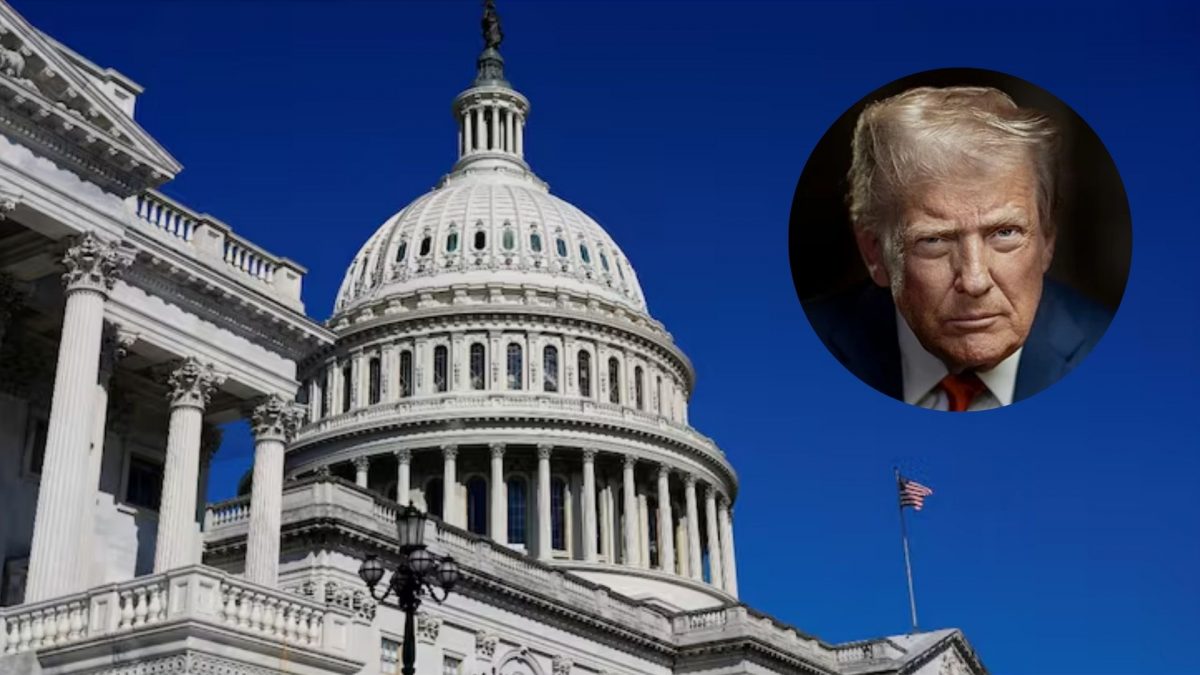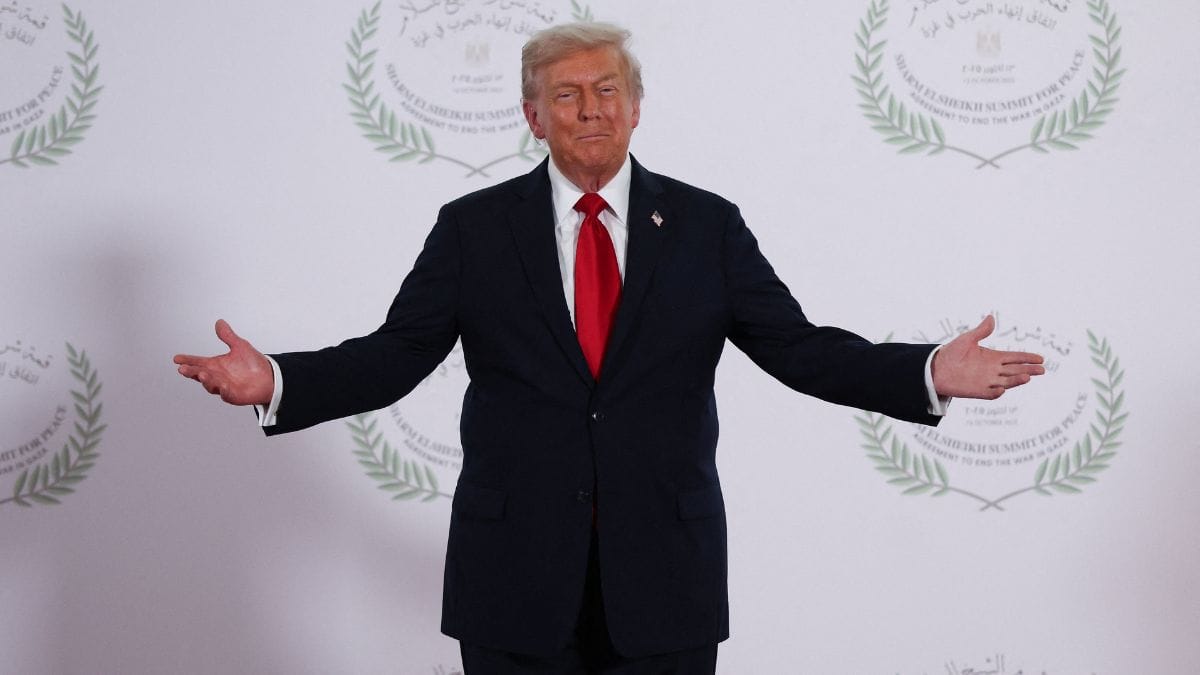As the federal government shutdown stretches into its third week, paralysing key services and leaving more than a million federal workers impacted, attention is turning to an unlikely arbiter: the President, fresh off a diplomatic “feat” in West Asia.
His recent success in brokering a Gaza peace move, backed by favourable public polls, is injecting a new, unpredictable variable into the gridlocked budget negotiations on Capitol Hill.
While the President remains somewhat detached from direct negotiation sessions, his strong standing among GOP leaders—bolstered by the West Asia diplomatic success—grants him significant influence.
Recent public opinion polls have shown widespread public support for the President’s Gaza peace moves, giving him political capital that Democrats now hope to exploit to break the domestic impasse.
Senate Democrats are openly hoping the President will use this momentum to nudge congressional leaders toward a compromise, specifically calling for a deal on critical Obamacare subsidies.
However, key Republicans remain publicly doubtful that an intervention rooted in a foreign policy victory will yield immediate results on a contentious domestic spending issue.
This political standoff is heading toward a crucial deadline: November 1, the official start of open enrollment for Affordable Care Act (ACA) coverage. Democrats consider this timing crucial for their messaging and political leverage, believing the increased visibility of the ACA issue will force a resolution before the window opens.
Impact Shorts
More ShortsEscalating shutdown impacts
The consequences of the prolonged shutdown are escalating daily, putting immense pressure on negotiators.
Approximately 750,000 federal workers have been furloughed, with another 700,000—including essential personnel like TSA agents and air traffic controllers—working without pay. This situation is already leading to sporadic delays and growing morale issues at the nation’s airports.
While key public services such as Medicare, Medicaid, and SNAP continue under contingency funds, many other agencies, including the Smithsonian Institution, have closed facilities and halted operations.
Plus, the prolonged shutdown threatens to severely disrupt air travel logistics and increase operational challenges at already strained airports with staff shortages.
These growing domestic issues, along with the political capital gained from the President’s victorious West Asia bet, are putting particular pressure on Democrats to make a compromise. The question now facing Washington is whether a diplomatic triumph abroad can serve as the leverage needed for a contentious budget agreement at home.


)

)
)
)
)
)
)
)
)



